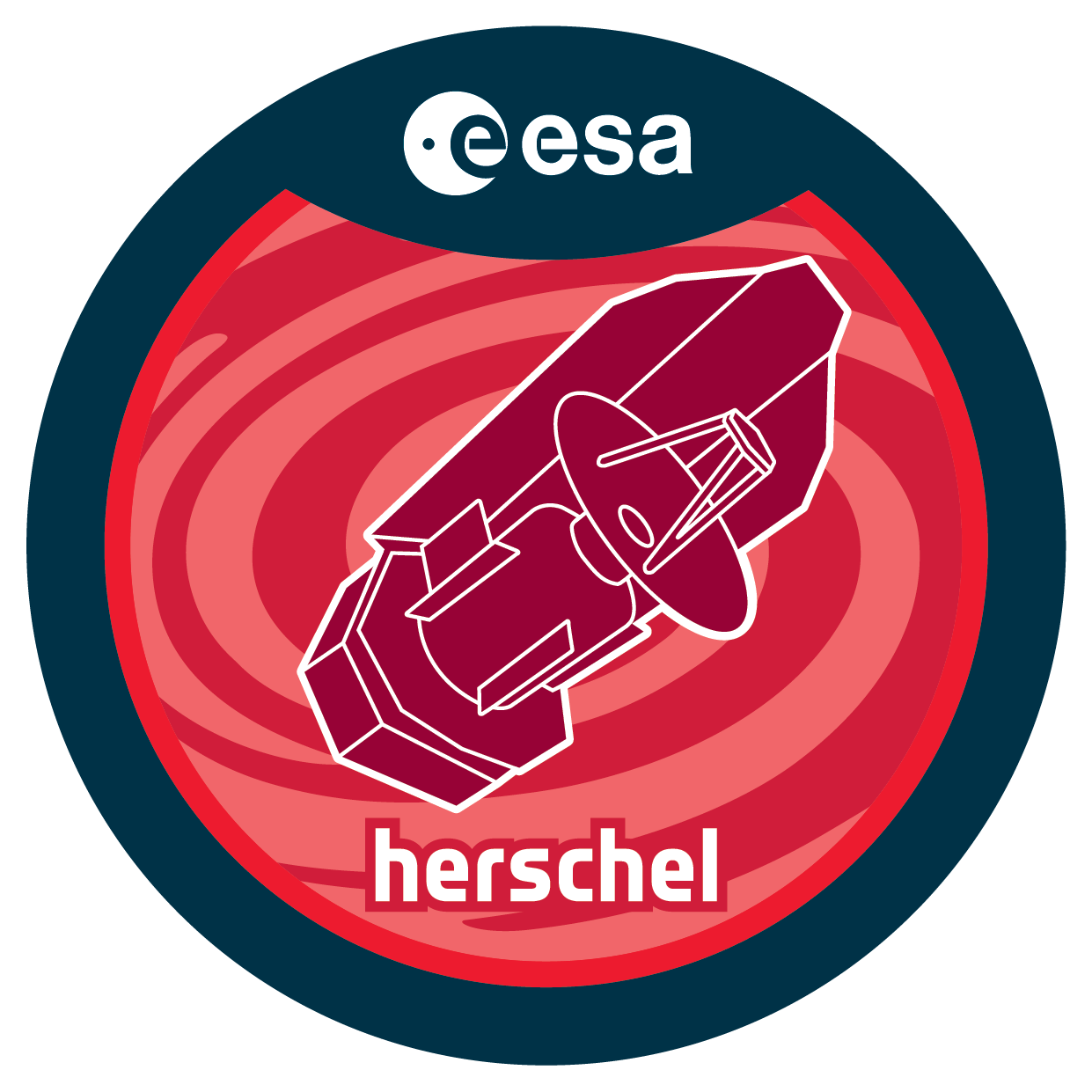

| Name | GT1_golofs01_4 |
| Title | SPIRE spectroscopy of protoplanetary disks |
| URL | http://archives.esac.esa.int/hsa/whsa-tap-server/data?retrieval_type=OBSERVATION&observation_id=1342202273&instrument_name=SPIRE&product_level=LEVEL0&compress=true |
| DOI | https://doi.org/10.5270/esa-idmsyif |
| Author | olofsson, g. |
| Description | We propose spectroscopy of Herbig Ae/Be and T Tauri stars using the SPIRE FTS. This instrument covers a broad spectral range, 200 - 650 m, which is basically unexplored with the exception of two atmospheric windows at 350 and 450 m. The FTS is well suited for both the definition of broad features as well as the detection of emission lines. Our source list is co-ordinated with the OT Key program DIGIT (PI: N. Evans) together providing spectra in the range 50-650 microns. It includes 10 Herbig Ae/Be stars and three T Tauri stars. The ages of the stars range from 1 Myr to 10 Myr, the mass range is 1-5 Msun and the temperature range is 4300-10000 K. The flux density of the continuum varies from a fewJanskys to tenths of Janskys between the sources and in general the brightness for a given source decreases rapidly from the short wave-length to the long wavelength end. As our main purpose is detecting emission lines and as these are known (from other spectral regions) to correlate poorly with the dust emission (but rather with other properties as disk flaring and accretion rate) we propose a standard observation time of one hour per source, except for the fainter T Tauri stars which are observed a bit longer. We expect to detect lines from CO,13CO, H2O, CI and possibly SiO, HDO and NH3. The relative brightness distribution for the carbon monoxide lines and in particular the 13CO/12CO ratios for the J=4-3 to J=13-12 transitions, covered by the FTS, will provide powerful constraints on the density and temperature structure of the disk. Water vapour lines will provide further constraints on the density and radiation field in the regions inside the snow line |
| Publication |
|
| Instrument | SPIRE_SpireSpectrometer_ |
| Temporal Coverage | 2010-08-08T12:41:55Z/2011-07-25T17:57:48Z |
| Version | SPG v14.1.0 |
| Mission Description | Herschel was launched on 14 May 2009! It is the fourth cornerstone mission in the ESA science programme. With a 3.5 m Cassegrain telescope it is the largest space telescope ever launched. It is performing photometry and spectroscopy in approximately the 55-671 µm range, bridging the gap between earlier infrared space missions and groundbased facilities. |
| Creator Contact | https://support.cosmos.esa.int/h®erschel/ |
| Date Published | 2012-01-25T00:00:00Z |
| Last Update | 2025-01-24 |
| Keywords | Herschel, HSC, submillimetre, far-infrared, HIFI, PACS, SPIRE |
| Publisher And Registrant | European Space Agency |
| Credit Guidelines | European Space Agency, olofsson et al., 2012, 'SPIRE spectroscopy of protoplanetary disks', SPG v14.1.0, European Space Agency, https://doi.org/10.5270/esa-idmsyif |